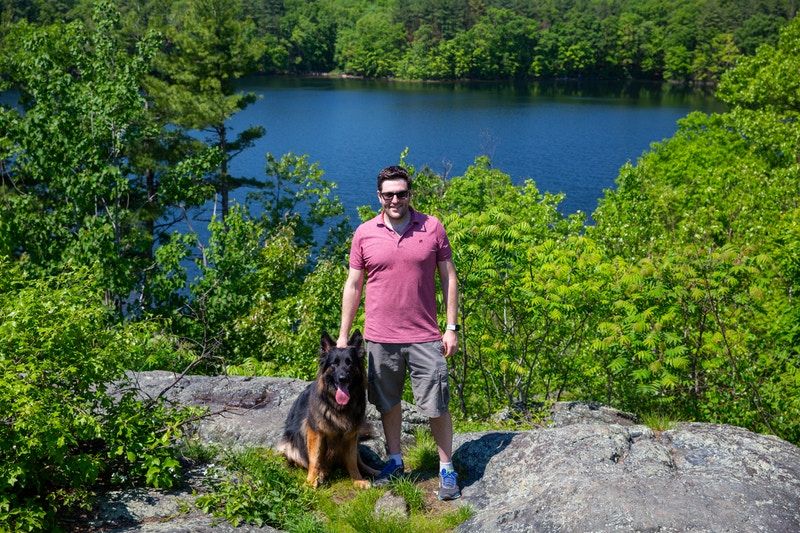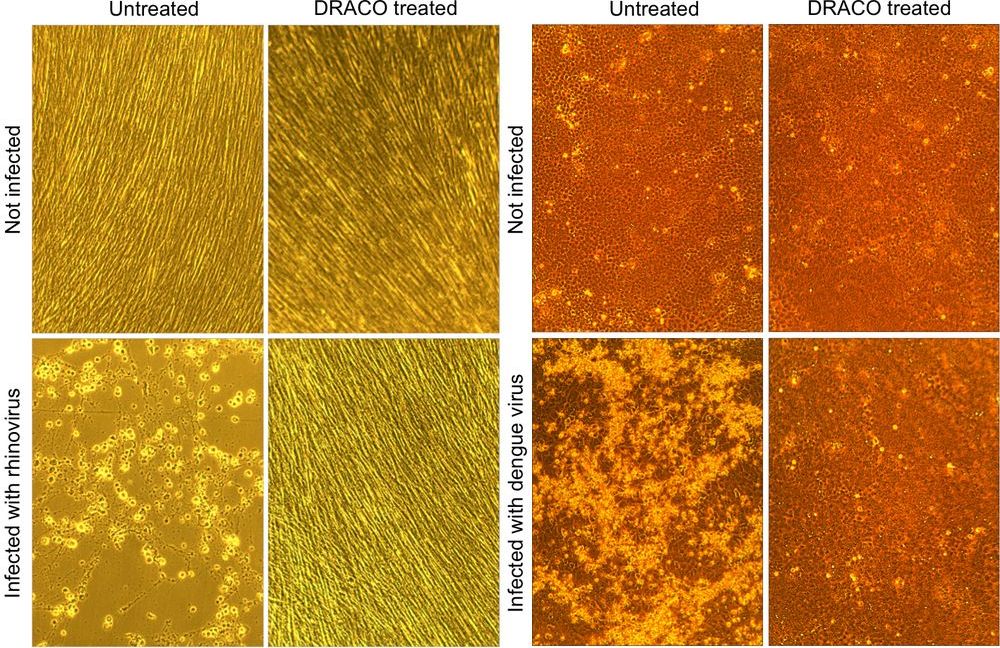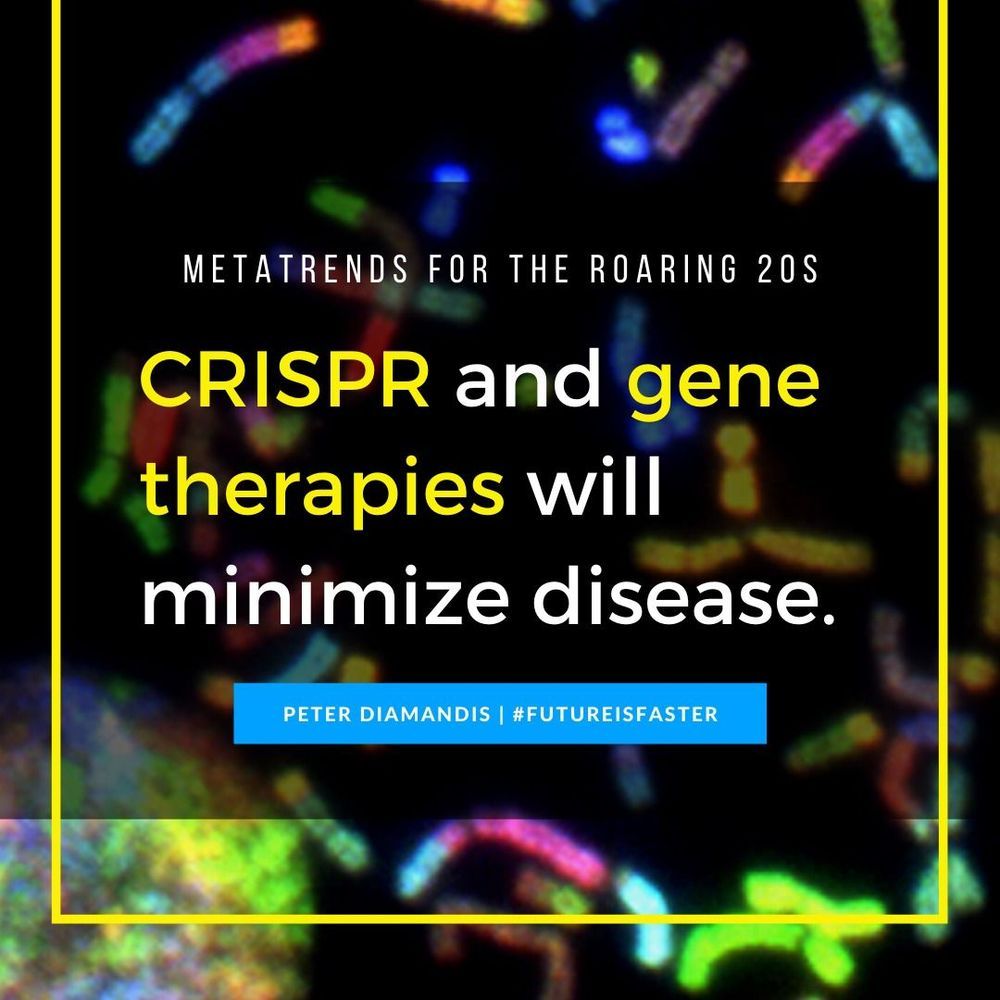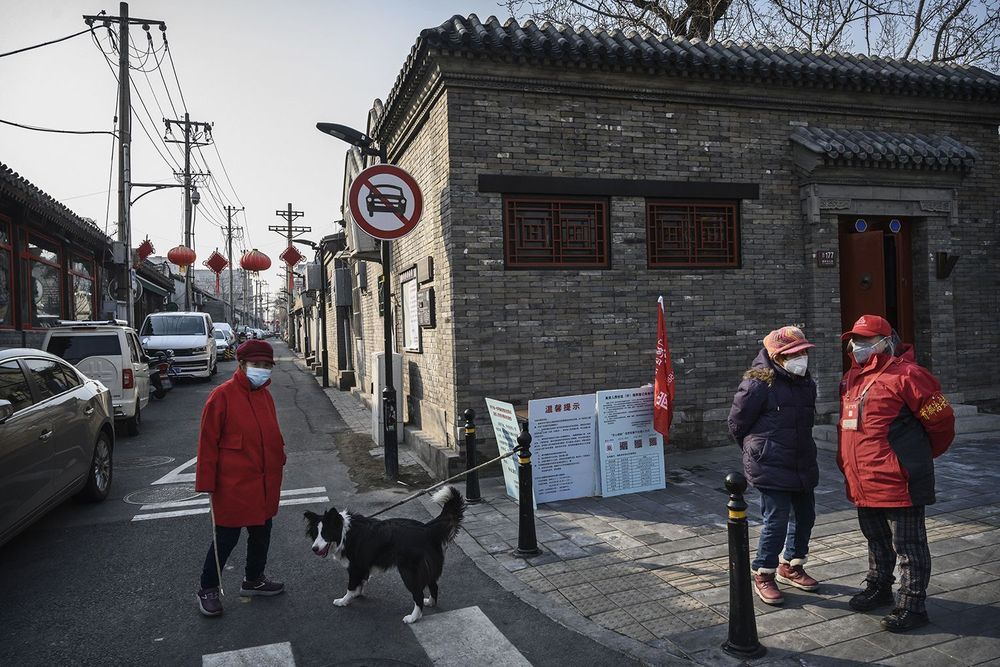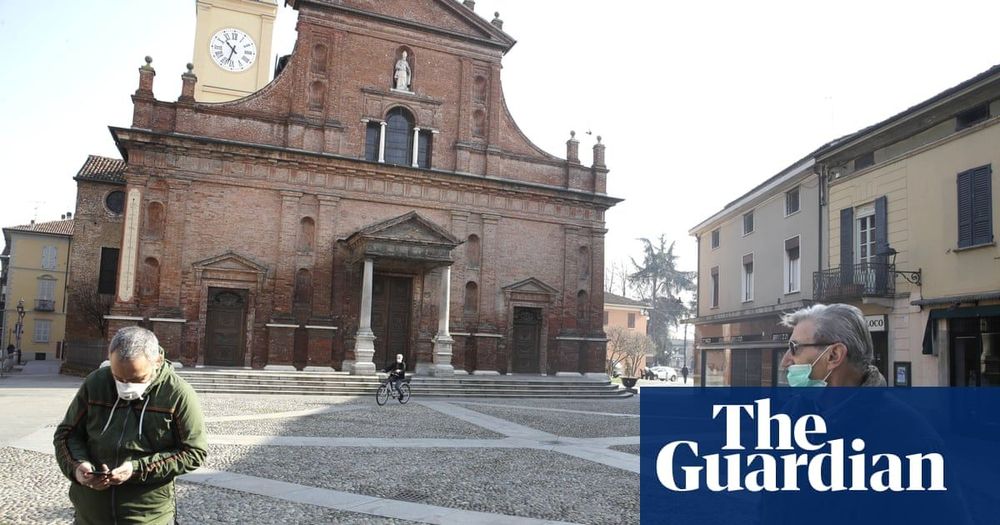Department of Homeland Security (DHS) whistleblower Philip Haney was found dead in Amador County, Calif., on Friday, according to local authorities.
Haney, 66, “appeared to have suffered a single, self-inflicted gunshot wound,” the Amador County Sheriff’s Office said in a release. Sheriff and coroner Martin A. Ryan shared the initial details of the case.
“On February 21, 2020 at approximately 1012 hours, deputies and detectives responded to the area of Highway 124 and Highway 16 in Plymouth to the report of a male subject on the ground with a gunshot wound,” the release read.

